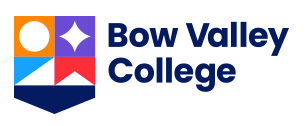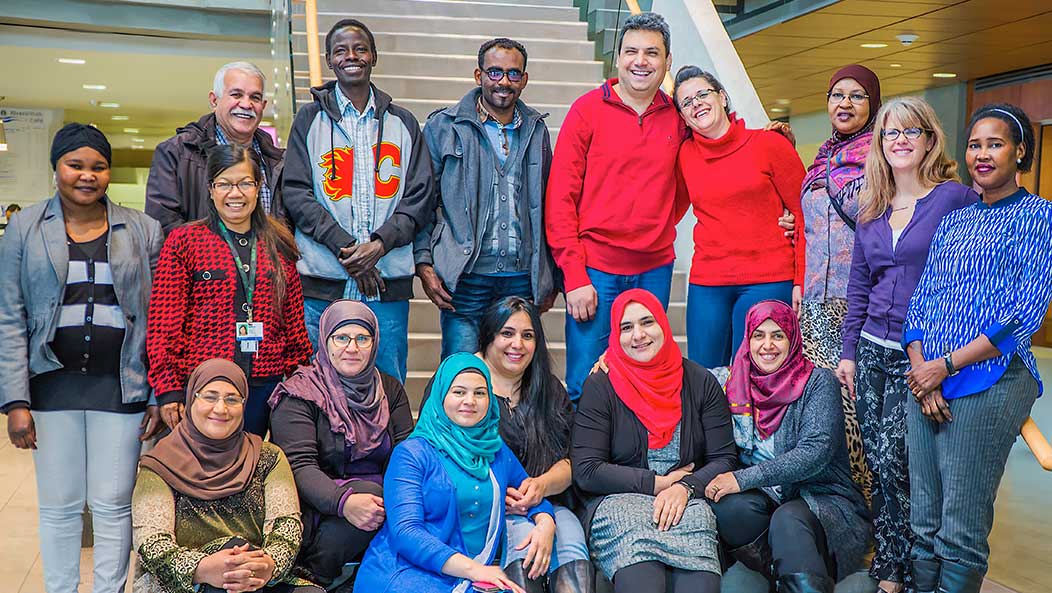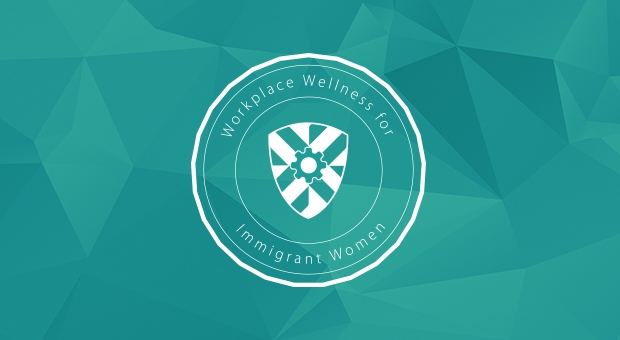Phases
Project Description
This project contributed to an evidence-based understanding of workplace harassment, bullying, and toxic environments on immigrant women workers’ wellbeing and health.
The research team explored how to mitigate and prevent harm while examining if workplace hazards may disproportionately impact women English language learner (ELL) workers.
Workplace Wellness for Immigrant Women addressed prevention concerns through a lens of intersectional vulnerabilities linked to gender, language, and migration while seeking to support the creation and maintenance of safe, equitable workplaces.
Research Plan
The Workplace Wellness for Immigrant Women research project employed a knowledge co-creation methodology, engaging diverse community members in all phases of the research – from design to analysis to knowledge transfer and mobilization.
The research methodology had two phases: 1) in-depth interviews and focus groups with women ELL workers and employers, and 2) a knowledge co-creation phase.
The data produced contributed to a scalable set of promising practices that can be incorporated into ELL classrooms, employment programs, and workplace policies informed by our understanding of the intersection between gender, migration, culture, and workplace practices.
The project includes multiple entry points to positively support Alberta workers and workplaces:
- ELL women workers: Knowledge gathered and informed by workers and employers led to new integrated ways of educating ELL women workers about occupational health and safety alongside labour rights and responsibilities.
- Workplaces and employers: Research results supported and encouraged a process to better inform employers who need more information on how to best meet the needs of rapidly diversifying workplaces.
- Newcomers and women: Results extended to provide insight on issues related to workplace hazards and wellbeing for immigrants and ELL workers in general. The project's gendered lens yielded results that are applicable to women workers who may not be ELL learners, but who are also at risk of gender based harassment, bullying, and other psychosocial hazards in the workplace.
Results raised awareness and education among workers and employers as well as among settlement practitioners and language instructors. Outreach and educational materials, recommendations, and conclusions were informed by the stakeholders themselves. The research findings supported prevention through recommendations for systems and policy change specific to how occupational health and safety related training is provided to newcomer workers.
Project Partners
The School of Global Access research team's work is set apart by its collaborative approach. Workplace Wellness for Immigrant Women provided the team an opportunity to work with community partners that represent newcomers, workers, and employers.
ActionDignity's community brokers play a key role in connecting our research to ethno-cultural communities. They have shared their in-depth knowledge of community needs with the co-creation team and have contributed to data collection and analysis. ActionDignity leads initiatives addressing issues of diversity, human rights, racial inequities and public participation and works to strengthens the role of ethno-cultural communities in the design, access and improved delivery of services, domestic violence prevention, and neighbourhood strengthening.
Alberta Workers' Health Centre (AWHC) brings a rights-based lens to workers’ health and safety and to our work. Their contribution to the project ensures the research plan (including its methodology, its participant recruitment, and its data collection) and how we implement that plan, respects the worker and their experiences. AWHC develops and delivers worker-focused occupational health and safety information, education, and awareness programs with a specific interest in workers vulnerable to health and safety related issues.
Talent Pool provides access to and insight on Alberta employers' perspectives as well as an informed viewpoint on the issues facing newcomers to Alberta as they work to access the labour market. Talent Pool is a neutral party employment resource that works to connect and share resources that helps to match people's skills and experiences with recruiting organizations. Talent Pool has a trusted reputation among immigrant populations, employers, and community stakeholders locally and provincially.
Project Progress
The core of the research plan was in-depth interviews with newcomer women about their experiences with Canadian occupational health and safety and employment standards. Our lead researcher and research associate conducted the interviews, and their work was supported by a team of Bow Valley College student research assistants (RAs).
During the data collection phase, the team conducted interviews with 27 women workers and 10 employers. Participants were recruited from the broader Calgary area, and their interviews were transcribed and coded, with the codes developed to support identifying and analyzing themes.
Once data collection was complete, the team transitioned to data analysis. This work shifted to centre on the co-creation team, comprised of four research participants and three RAs who contributed to an ongoing series of nine meetings throughout Fall 2019. These collaborative sessions saw the co-creation team test research ideas, create small-scale systems maps, engage in data analysis, and plan and hold a peer-to-peer information session.
In conjunction with the co-creation team, our team identified emerging themes that were fully explored in the project’s final report (expected Summer 2020). One insight identified from the early analysis was that newcomers must work at any cost and that there are ongoing lived implications of that reality. What is particularly interesting is how when viewed together, the interviews and the co-creation team’s analysis offered a deeper understanding of how newcomer workers are experiencing the Canadian workplace.
Learn more about this project


